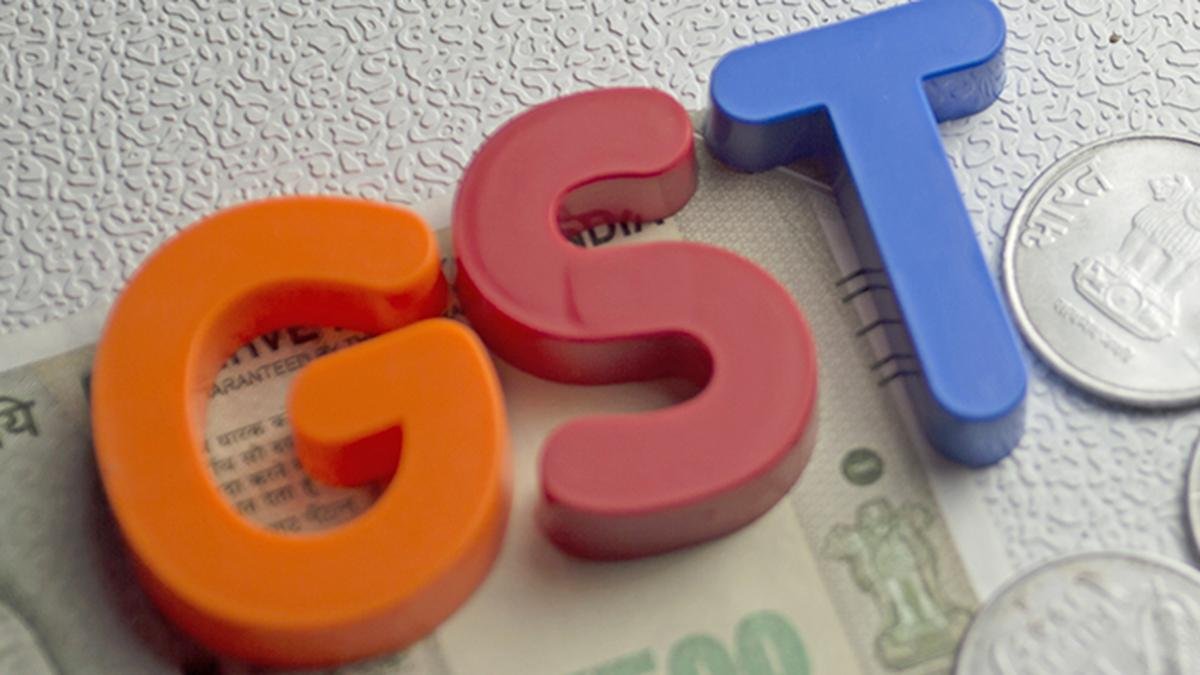Solution in offing for businesses affected by blocked ITC due to supplier not uploading invoices


Expert feel this would be helpful for MSMEs in particular
| Photo Credit:
iStockphoto
Businesses denied Input Tax Credit (ITC) on account of supplier not uploading invoices will get some relief, as GST Council is likely to consider a solution for such a situation in its two days meeting, tentatively scheduled on September 16-17. Expert feel this would be helpful for MSMEs in particular.
“We are working on a solution,” an official source said. It is part of complete overhaul of GST. According to an official statement by the Finance Ministry, Central Government is proposing significant reforms in GST, focused on 3 pillars, of structural reforms, rate rationalisation, and ease of living. Providing a solution for blocked credit on account of supplier not uploading the invoice is part of the third pillar.
According to, Vivek Jalan, Partner at Tax Connect, recipient denied ITC as supplier has not paid the tax to the government is the biggest hardship for genuine taxpayers under GST. There are various facets to this issue and the biggest hardship is ‘retrospective cancellation of the supplier’s GSTIN’ by the department as he was found non-compliant.
Jalan illustrated the complexity through an example —Suppose on August 15, a recipient purchases certain goods from a supplier. He checks that the supplier has filed his GSTR-1 and GSTR-3B by September 20. With this exercise, the recipient ensures with all the machinery he has, that the supplier has paid the taxes to the Government, and avails the ITC.
Now on October 1, 2025, the department cancels the supplier’s registration with retrospective effect from April 1, 2025 and asks the recipient to reverse such ITC on goods purchases on August 15 from the supplier. “It is impossible for the recipient to imagine on August 15 that on October 1, the department would cancel the supplier’s registration. The various high courts have thus held in favour of the recipients in such cases. In case on the date of purchase of the goods, the supplier was compliant, then the ITC cannot be denied to the recipient,” he said.
Systemic concern
Krishan Arora, Partner, Grant Thornton Bharat said what began as isolated inconvenience has now evolved into a systemic concern, particularly for the MSME sector, whose agility and liquidity form the backbone of India’s economy. While acknowledging that e Invoicing is helpful, he also suggested a four-point mechanism.
“First, provisional ITC based on tangible compliance (valid invoice, receipt of goods/services, and proof of tax payment to the supplier. Second, taxpayer empowerment (enable buyers to flag mismatches, prompting swift government action against non-compliant vendors rather than immediate denial of credit), Third, time-bound cures (extend supplier upload windows, levy penalties for delays, and ensure seamless restoration of ITC for genuine taxpayers) and fourth, technology-driven reconciliation (deploy AI-enabled tools to provide real-time transparency, alerts, and preventive controls, minimizing mismatches before they hinder credit flow},” he said.
According to Saurabh Agrawal, Partner at EY, the most effective and lasting fix for the ITC problem, a crucial legislative change would be to allow suppliers to issue a credit note against a previously issued invoice even for cases other than sales return or deficiency in services. The only exceptions should be for clerical or system errors, and even these cancellations should be carefully tracked in a separate table or utility within the GST system. “This gives tax authorities a clear view of all invoice cancellations. We’ve seen similar systems in action in Brazil and Mexico, where mandatory e-invoicing has created a transparent ecosystem and nearly eliminated these mismatches,” he said.
Published on August 17, 2025


